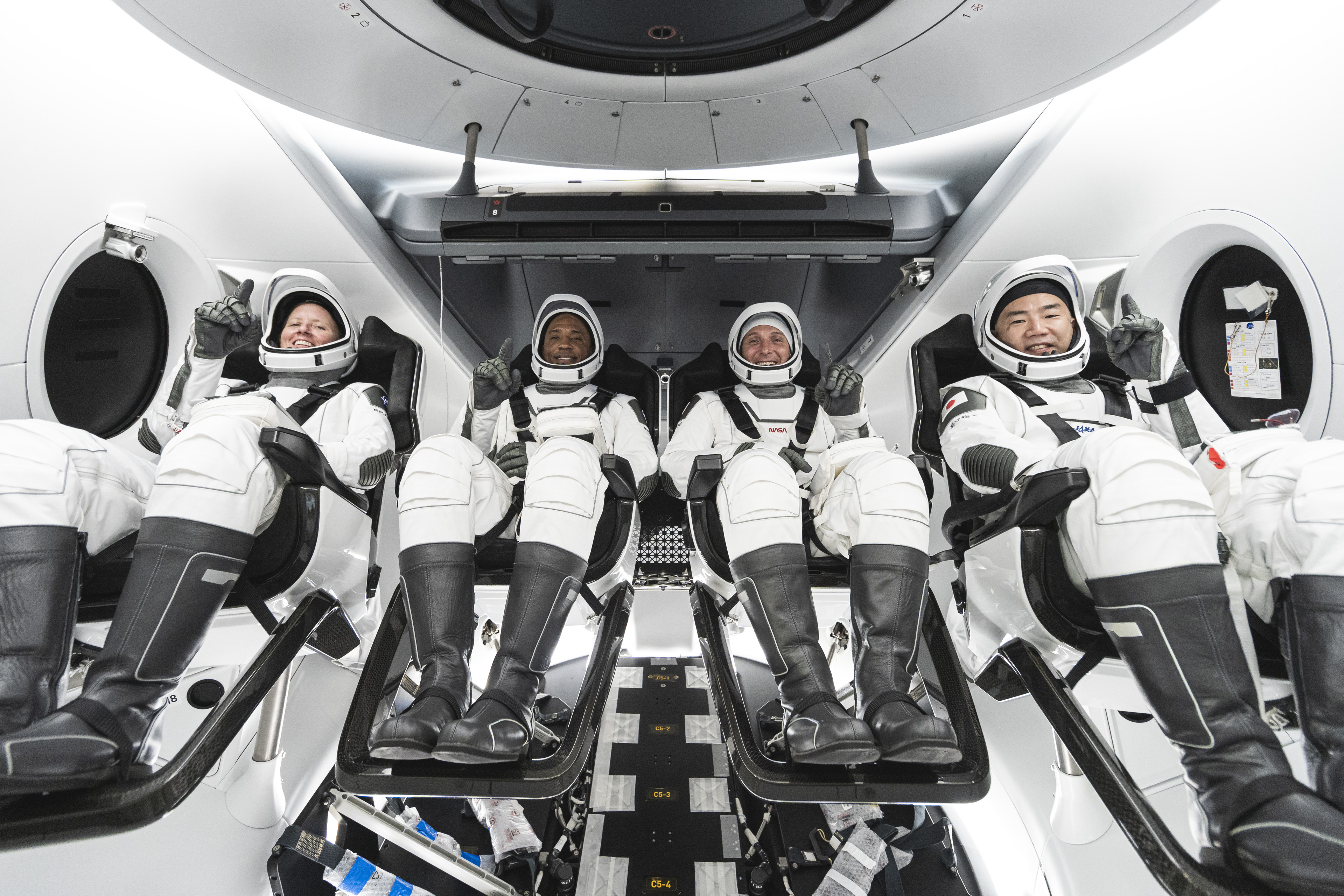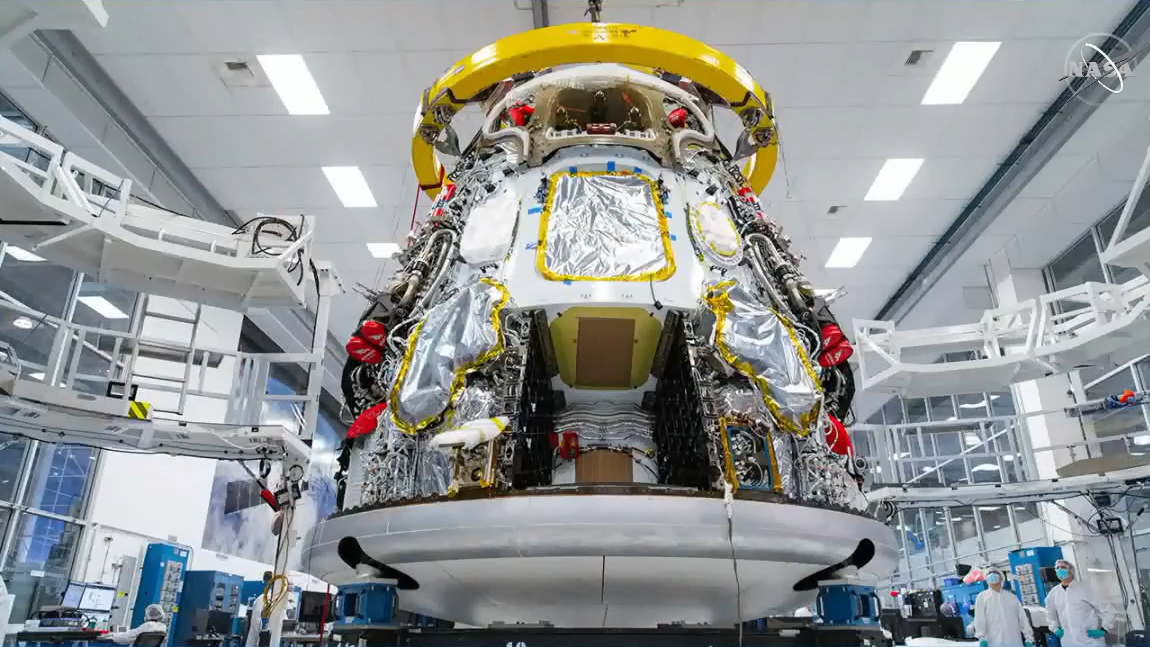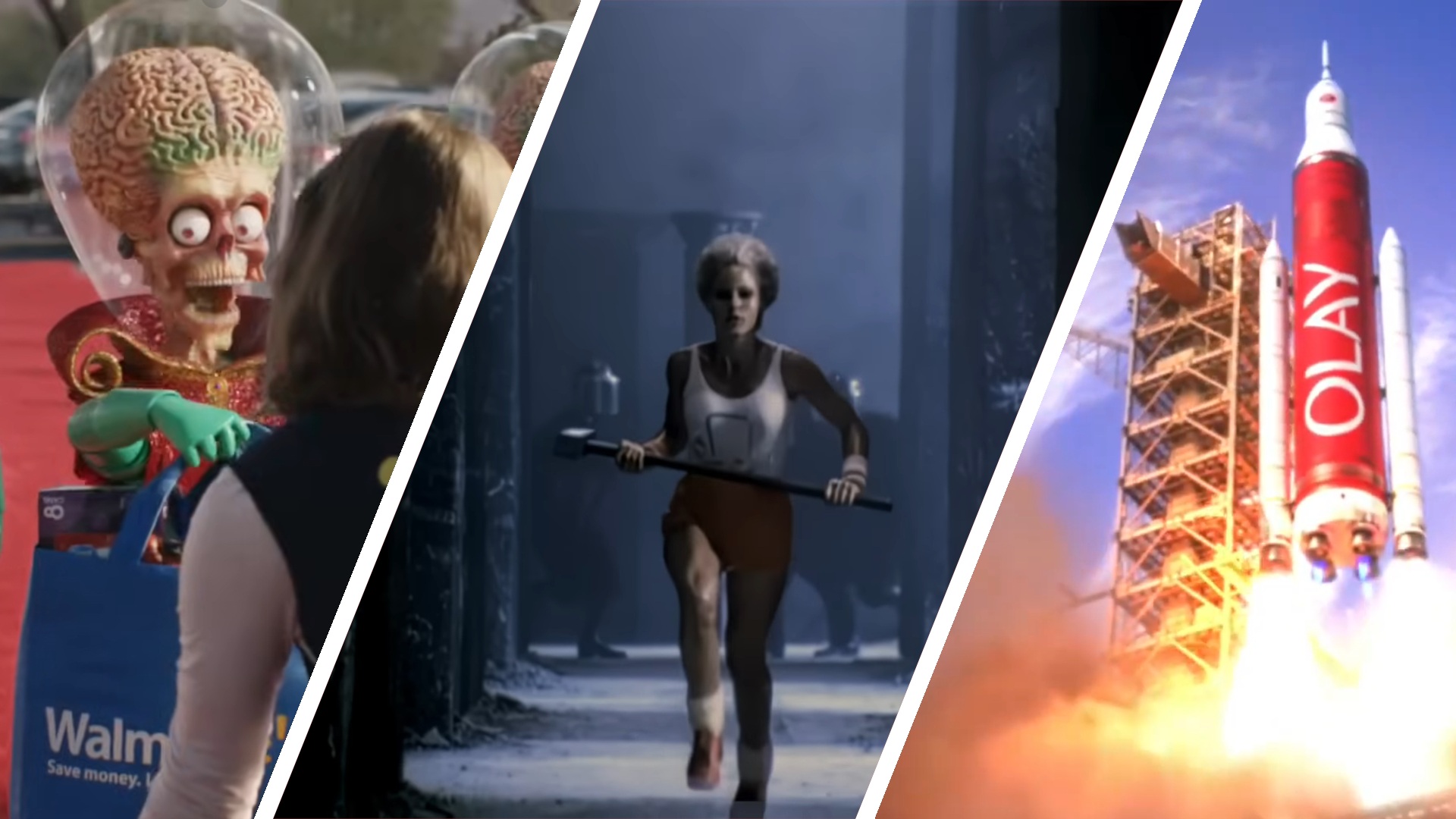SpaceX now targeting Nov. 14 for next astronaut launch
SpaceX is gearing up for another historic astronaut launch next month.

Breaking space news, the latest updates on rocket launches, skywatching events and more!
You are now subscribed
Your newsletter sign-up was successful
Want to add more newsletters?

Delivered daily
Daily Newsletter
Breaking space news, the latest updates on rocket launches, skywatching events and more!

Once a month
Watch This Space
Sign up to our monthly entertainment newsletter to keep up with all our coverage of the latest sci-fi and space movies, tv shows, games and books.

Once a week
Night Sky This Week
Discover this week's must-see night sky events, moon phases, and stunning astrophotos. Sign up for our skywatching newsletter and explore the universe with us!

Twice a month
Strange New Words
Space.com's Sci-Fi Reader's Club. Read a sci-fi short story every month and join a virtual community of fellow science fiction fans!
SpaceX is gearing up for another historic astronaut launch next month.
The private spaceflight company is planning to send four astronauts to the International Space Station for NASA on Nov. 14, the agency announced Monday (Oct. 26). Called Crew-1, the mission will be the first operational flight of SpaceX's Crew Dragon astronaut taxi and the second Crew Dragon mission to carry passengers on board. It is scheduled to launch on a SpaceX Falcon 9 rocket from NASA's Kennedy Space Center in Florida at 7:49 p.m. EST (0049 GMT on Nov. 15).
Riding the Dragon will be NASA astronauts Shannon Walker, Victor Glover and Michael Hopkins and Japan Aerospace Exploration Agency astronaut Soichi Noguchi, who will spend about six months at the orbiting laboratory before returning to Earth. The first Crew Dragon passengers were NASA astronauts Bob Behnken and Doug Hurley, who spent 62 days at the International Space Station as part of the Crew Dragon Demo-2 mission earlier this year.
In photos: SpaceX's historic Demo-2 test flight with astronauts
Crew-1, which was originally slated to launch Aug. 30, has faced numerous delays in getting off the ground. NASA pushed the mission to late September, then to Oct. 23, then to Oct. 31 and finally to early to mid-November, citing logistical and technical issues. The newly announced target date firms up that latter timeline.
The most recent delay was intended to provide "additional time for SpaceX to complete hardware testing and data reviews as the company evaluates off-nominal behavior of Falcon 9 first stage engine gas generators observed during a recent non-NASA mission launch attempt," NASA officials said in a blog post, possibly referring to SpaceX's aborted launch of a GPS satellite on Oct. 2.
Meanwhile, SpaceX isn't the only company working on launching astronauts into space for NASA. Boeing's CST-100 Starliner spacecraft, which failed to reach the International Space Station during its debut test flight last year, is expected to launch a second uncrewed demonstration mission in January 2021, with its first crewed flight to follow next summer.
Breaking space news, the latest updates on rocket launches, skywatching events and more!
If all goes according to plan, the Crew-1 astronauts will safely dock with the International Space Station after an approximately 8-hour flight. There they will join NASA astronaut Kate Rubins and Russian cosmonauts Sergey Ryzhikov and Sergey Kud-Sverchkov as members of the Expedition 64 crew.
Email Hanneke Weitering at hweitering@space.com or follow her on Twitter @hannekescience. Follow us on Twitter @Spacedotcom and on Facebook.

Hanneke Weitering is a multimedia journalist in the Pacific Northwest reporting on the future of aviation at FutureFlight.aero and Aviation International News and was previously the Editor for Spaceflight and Astronomy news here at Space.com. As an editor with over 10 years of experience in science journalism she has previously written for Scholastic Classroom Magazines, MedPage Today and The Joint Institute for Computational Sciences at Oak Ridge National Laboratory. After studying physics at the University of Tennessee in her hometown of Knoxville, she earned her graduate degree in Science, Health and Environmental Reporting (SHERP) from New York University. Hanneke joined the Space.com team in 2016 as a staff writer and producer, covering topics including spaceflight and astronomy. She currently lives in Seattle, home of the Space Needle, with her cat and two snakes. In her spare time, Hanneke enjoys exploring the Rocky Mountains, basking in nature and looking for dark skies to gaze at the cosmos.

